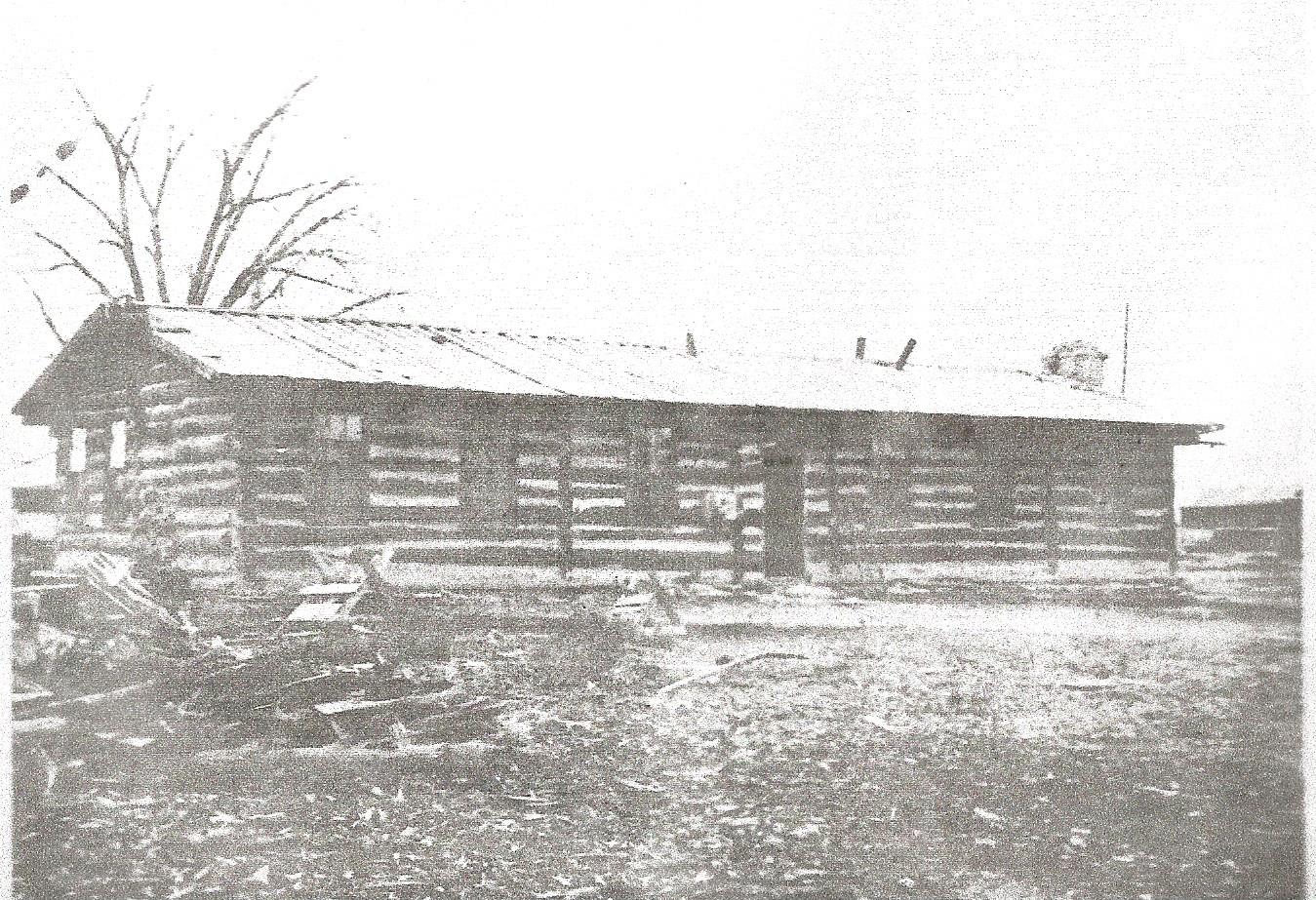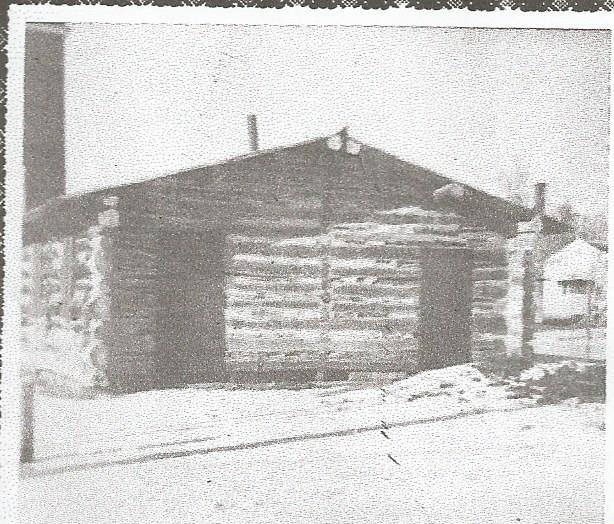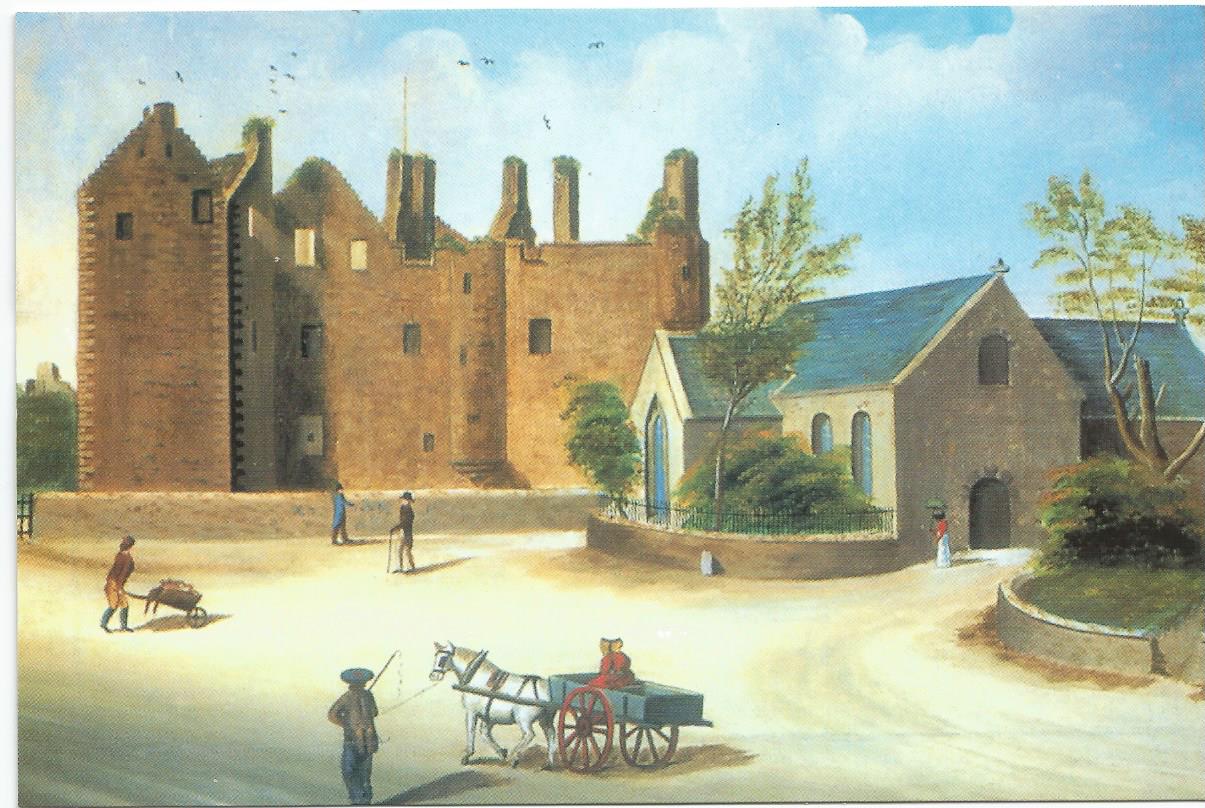|
|
Tales of the Old Wild West - as in Roundup Montana by Edith Sloan |
|||||||||
|
It’s a warm, summer day. I can hear birds chirping in the cottonwoods and water gurgling in the Musselshell River as I walk east following the dirt path. Butterflies flit among the high grasses growing on either side but there are also signs of cattle having been here. In fact, I can see ahead and over to the north many heads of grazing cattle, even to the horizon, some singly and others in groups. This is open range and since Harold Lowther, an Englishman, buys out the NF Ranch from James Hightower, Lord Lowther is adding considerably to the number of cattle owned by the ranch. Supposedly, there are thousands of cattle ranging east and west about 75 miles. And south from the high ridge of the Bull Mountains divide, they range north about 25 miles or more. At least, this is what I hear after my cousin leaves. My cousin is Mrs. McMillin, wife of James who is the store-owner, saloon-keeper, and postmaster in Roundup, Montana Territory. I arrive summer in 1883, to help her after their daughter’s death in April. It is a difficult time living with the death of a two-year-old. A year later, though, they decide to move back east closer to the McMillin side of the family. I choose to stay on and help Sid Erwin who not only buys the store and saloon from James and takes over the post office, but he also owns and operates a roadhouse [like a motel]. I am invited this day to go to the neighboring NF Ranch, four miles east of the fledgeling town of Roundup. It’s 1895 and it’s not the first time I’ve been to this ranch. Although not many have known her, I’ve visited here in the past with the wife of James Hightower. They sell out their interest in 1885, though, and move to their new ranch on Willow Creek about 25 miles north. I understand that receiving an invitation to the NF Ranch is a compliment. Cecil Clifton, another Englishman, is now Lord Lowther’s partner, since he buys out the interest of Hill, Lord Lowther’s previous partner, seven or eight years ago. One of Mr. Clifton’s favorite activities is playing the piano. In fact, he has a grand piano in his cabin. His cabin, I understand, is a mirror copy of Lord Lowther’s cabin attached by a “dog walk” [inside breezeway] just to the west. It is said that only one woman thus far has been invited to visit this cabin. Mrs. Strait, whose husband owns the store in Lavina, plays piano very well, and since this is the only piano between Billings 50 miles south and Lewistown 75 miles north, she jumps at the opportunity to play for Mr. Clifton. And now it’s my turn. I come into view of the ranch. And continue walking. Not only is there more land now and more cattle, but I can see new outbuildings in the distance. There seem to be an ample number of them and of high quality from what I can tell. One, I hear, is a chicken house built especially for Mr. Clifton’s exotic chickens and rabbits. Rarely would one see these kinds of breeds around these parts but he’s really into this kind of thing. As I get closer to the ranch house, I see a horse tied up at the hitching post with a platform buggy still attached. This is probably Mr. Clifton’s outfit; he may just be returning from a morning ride in the clear, fresh air. He rarely rides horseback I’m told. And then, just as I arrive, a tall, slim, immaculately-dressed youngish-type man steps out the front door. He wears a cap [like the later-Sherlock Holmes] and displays a droopy-type of mustache. Somewhat startled for the moment, he then breaks into a shy smile and seems friendly, however. “Hello,” he greets me. “It’s good to see you again, Sarah. Welcome to the NF Ranch. Please, come join me inside. I’ll have one of the boys move the bay and buggy to the back later.” We pass through the outer door of the “dog walk” into a dark, cool hallway. Almost immediately, on the left he opens another door and we step into his kitchen, a large room it seems. Ah, it is cool in here as well. Maybe the high ceilings collect all the heat. Without realizing it, I almost collide with another person in the room. “Oh, let me introduce you to Lipp.” As I shake his hand, Lipp nods diffidently. He is short, not much taller than me, and is of Chinese descent. With a little smile and saying nothing, he turns back to cooking at the blue wood-burning stove along the wall. “Lipp is our person-of-all-trades,” explains Cecil. “He does all our cooking, cleaning, gardening and laundry. We couldn’t function very well without him.” And to Lipp, “Ask one of the boys to take the bay and buggy to the back.” Then turning to an open doorway, he continues, “In here, please. Let me show you the piano.” We step into what is obviously the living room. A large fireplace appears on one wall, dark wood furniture some topped with marble, some with leather, are placed along the other two walls. And straight ahead of us sits the grand piano along the fourth wall. It too is made of dark wood and has a boxy shape. Scrollwork is carved onto the wooden trim underlying the keyboard. The music holder is so intricately cut it looks like filigree. The legs are massive and ornately hewed out where they connect to the piano but then taper down to claw feet at the floor. And the backdrop to the floor pedals is carved into the shape of a harp. Brightly lit at each end of the keyboard and set back toward the center are two gas lanterns, with hanging crystals that reflect their light, even on a sunny day. The beauty of it all takes my breath away. Cecil sits at the piano and begins to play. His skill is readily apparent; he makes a very difficult piece sound effortless. Maybe it’s a Brahms Overture? I follow with playing popular tunes I learn before coming to Montana. Like, “Blow the Man Down”, “Sailing, Sailing”, and “Funiculi Funicula”. It all comes back. He smiles as he listens but I get the feeling that classical music is more his style. Despite that, however, he invites me to be seated on the long sofa, as he settles himself in the matching leather-covered chair. He inquires as to my well-being and asks about my working for Mr. Erwin. Although he seems somewhat shy and very reserved, I am curious about his life and can’t help asking questions. “Forgive me, Mr. Clifton. How do you like living here so far from home? I’ve not yet been introduced to Lord Lowther. Did you two arrive together from England? What kind of a person is he?” More questions about the backgrounds of both men follow. In a reserved but patient and polite way, Mr. Clifton begins telling me their stories. [To be continued in the next newsletter.] In the first photo, note the main door to the NF Ranch which separates Clifton’s cabin from Lowther’s cabin. The second photo shows Clifton’s side which is currently on display at the Musselshell Valley Historical Museum.
|


